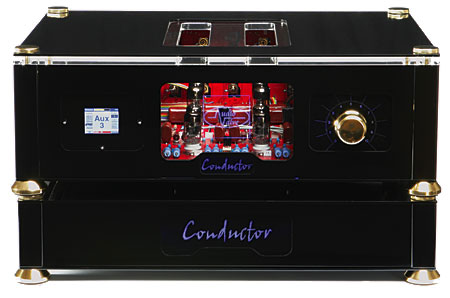One for Thursday
<object width="450" height="364"><param name="movie" value="http://www.youtube.com/v/AiqhuYe_Z70&hl=en&fs=1&rel=0&border=1"></param… name="allowFullScreen" value="true"></param><param name="allowscriptaccess" value="always"></param><embed src="http://www.youtube.com/v/AiqhuYe_Z70&hl=en&fs=1&rel=0&border=1" type="application/x-shockwave-flash" allowscriptaccess="always" allowfullscreen="true" width="450" height="364"></embed></object>



